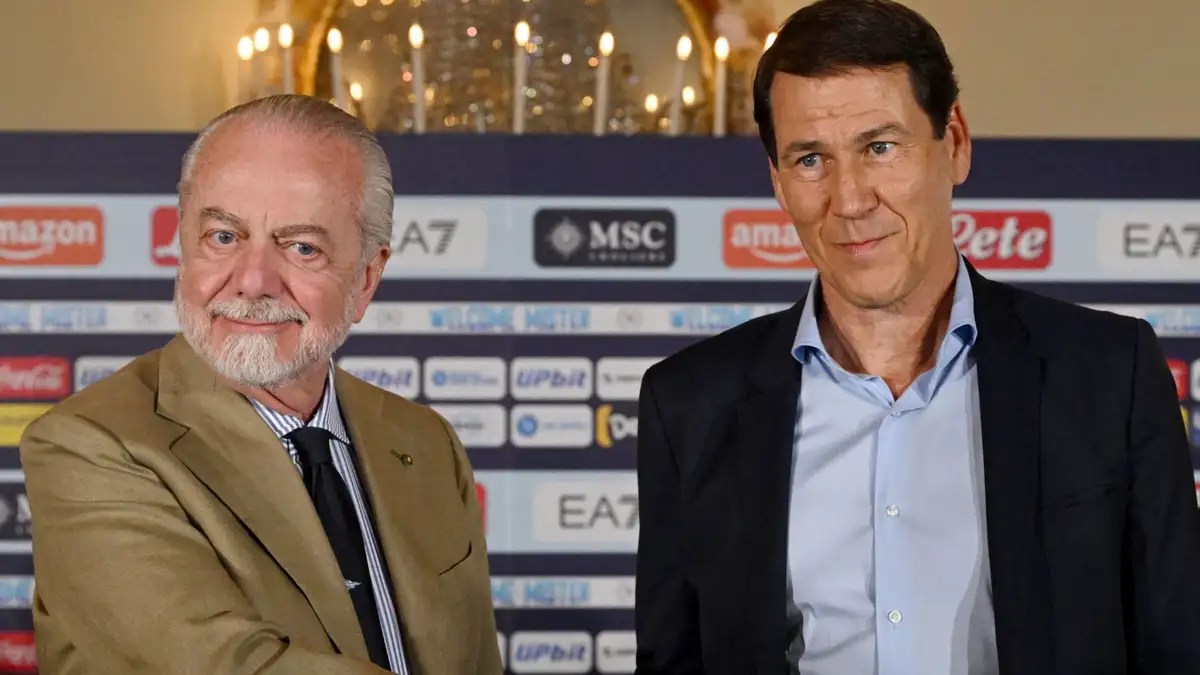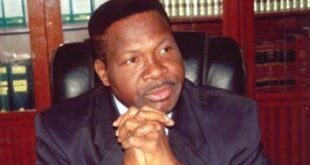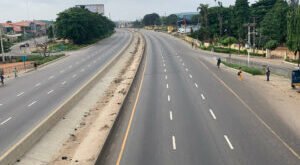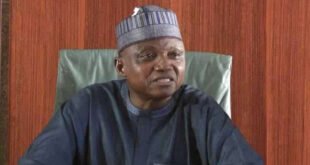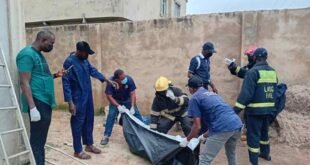Aliko Dangote, owner of Dangote Refinery and Petrochemicals has refuted claims by the Nigerian Midstream and Downstream Petroleum Regulatory Authority (NMDPRA) about the quality of petroleum products from the refinery and allegations of attempts to monopolise the industry.
He spoke during a tour of the Dangote Oil Refinery and the Dangote Fertiliser Limited complex located at the Lekki Free Trade Zone in Lagos by members of the House of Representatives.
Dangote emphasized the quality of products from the refinery.
This happened even as the House leadership called for an investigation into the NMDPRA allegations.
Speaker of the House Tajudeen Abbas and his deputy Benjamin Kalu led a delegation from the House which included Honourable Ikenga Ugochinyere.
The trouble started when NMDPRA Chief Executive Farouk Ahmed in his recent interview with journalists, a video of which is currently circulating on X, noted that Dangote was trying to maintain a monopoly in the oil and gas sector, that its products were shoddy and that the 650,000 barrel per day refinery was still in the pre-commissioning stage and about 45 percent complete.
Ahmed added that the country cannot risk depending on the Dangote Refinery alone by temporarily suspending petroleum products, particularly Automotive Gas Oil and Multipurpose Kerosene, DPK.
He said: “Not so. The Dangote refinery is still in the pre-commissioning stage. The refinery has not been licensed. We have not given the license. I think the construction is about 45 percent complete.
“We cannot depend on one refinery to supply the country’s needs, because Dangote asked us to suspend or stop imports, especially AGO and DPK, and direct all marketers to his refinery. That is not good for the country in terms of energy security, and it is not good for the market because of the monopoly.”
Ahmed said that in terms of quality, Dangote’s AGO (diesel) currently has the lowest quality in terms of sulphur content, failing to meet the West African requirement of 50 parts per million (PPM).
“Dangote Refinery, as well as some modular refineries such as Watersmith Refinery and Aradel Refinery, produce between 650 and 1,200 PPM. Therefore, in terms of quality, their products are far inferior to imported products,” he said.
Responding, Dangote said his team tested the diesel purchased from two filling stations and from the refinery at the refinery’s laboratory.
Diesel tested from other stations was purchased in the presence of MPs, while diesel from the Dangote Refinery was withdrawn from production also in the presence of MPs.
Two tests were reportedly conducted; a sulfur test and a flash test. While all crude oil products contain some sulfur, high levels of sulfur can cause damage to engines and vehicle components.
Flash point refers to the lowest temperature at which the application of an ignition source causes the vapor above the liquid to ignite with the minimum expected flash point at 66.
The results showed that the sulfur content in diesel from other stations was above 2,631 and 1,829; much higher than the recommended level while the flash point test showed results of 26 and 63 respectively for diesel from other stations. Both results are below the recommended minimum limit of 66.
The results for diesel from Dangote were found to contain 87.6 ppm sulfur and 96 flash points.
He asked the DPR to investigate the quality of diesel and gasoline at gas stations.
To conduct an investigation, he urged the House of Representatives to form a committee to test the products at various gas stations across the country.
READ ALSO:Responding to criticism, Nigerian government offers reasons for fuel imports, raids on Dangote refinery, more (Video)
Condemning the damage caused to vehicles and machinery by substandard products, he also asked the House of Representatives to investigate the quality of laboratories used to test imported products and compare them with those at the Dangote Refinery.
“Our quality was around 600 to 650 ppm and was one of the best in terms of quality when we started. But as of now, we are at 87 ppm,” he said.
“I would like to appeal to the regulator to come anytime, either Sunday or Monday, or take samples and I assure you before he gets here, our PPM will be below 10.
“When we came here, Your Excellency, the speaker said, can we wait to take samples from the two filling stations? And also when we enter the factory, they will take samples to check the results.
“The results are actually out and I will share the same with you.
“The TotalEnergies diesel sample showed a sulfur concentration of 1,829ppm. The Matrix Retail sample showed 2,653ppm. Matrix was at 61 below 66 and Total was at 26 flash point.
“Our flash point is showing 96. If you want to do the rest, we can run it at any time.
“Today I want to announce to Nigerians that our parameters today are very, very good parameters.
“By the end of next week, we will reach 50 ppm and by August, it will drop to 10 ppm.”
Dangote also said claims in some quarters that his group of companies enjoyed a monopoly were untrue.
“If you look at all our operations in Dangote (Group), we add value; we take local raw materials and turn them into products, and we sell them.
“We never consciously or unconsciously stop anyone from doing the same business that we do.
“When we first entered into cement production, only Lafarge was operating in Nigeria… Nobody ever called Lafarge a monopoly,” he said, adding that labeling his group of companies a monopoly was disappointing.
“Monopoly is when you stop people, you block them through legitimate means. No, this is a level playing field where whatever Dangote gives in terms of cement, for example, is given to others because some of them even get more than us.”
The billionaire business tycoon said his refinery did not receive any incentives from the Federal Government.
“On the refinery, we did not, and I repeat, we did not get any incentive from the Federal Government of Nigeria or even Lagos State. Yes, Lagos State gave us a good offer, but we paid $100 million for the land. It was not free land; we paid for it,” he said.
“The majority of the population supports us. So, we are not discouraged, we will continue what we have been doing.”
Addressing the speaker, he said, “The most important thing, Your Honor, is to note that the imports that they are pushing, are the specifications that are being tested, but in certain cases when you check (independently), the results will be different.”
This, he said, happened “because the people who owned the labs were told what to write.”
He said the best way to determine the quality of products imported and sold to Nigerians was to go to petrol stations, buy and test them.
In his response, the Speaker of the House revealed that based on the conflicting presentations and claims, an investigation was needed.
“I don’t know how we have this contradiction between two players representing the public and private sectors,” he said.
“I think this is something we need to investigate further to see if there is an ulterior motive.”
By: Babajide Okeowo
Monopoly Allegations, Low-Quality Fuel: Dangote kicks out as House calls for probe first appeared on Latest Nigeria News | Headlines from Ripples Nigeria.
 JamzNG Latest News, Gist, Entertainment in Nigeria
JamzNG Latest News, Gist, Entertainment in Nigeria

